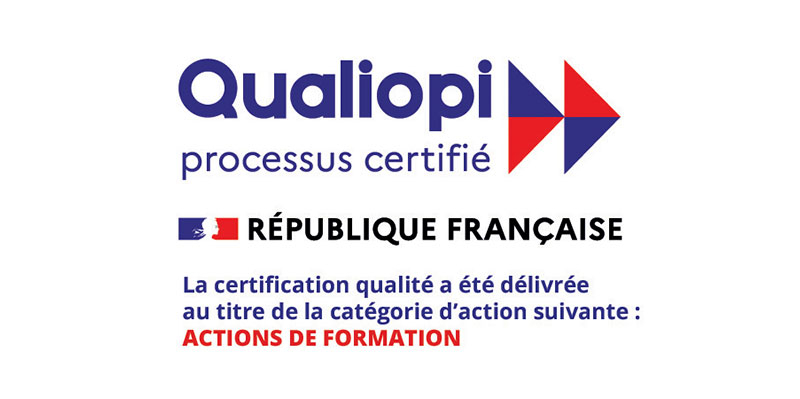Open data applied to the personal data of public sector organizations:
The text extends the principle of opening up public data, derived from the European directives known as PSI I, II and III, to new categories of data such as personal data, including health data, data protected by intellectual property rights or the confidentiality of commercial information. The aim is to facilitate the re-use of this data, in particular for the development of artificial intelligence technologies.
These new rules apply to “public sector bodies” that hold such data. In France, this notion includes public-sector legal entities such as public health or research establishments (CH, CHU, universities, EPST, etc.), but also certain categories of private-sector legal entities. Non-profit health establishments, foundations or associations could be concerned.
Controlling the conditions under which data can be reused :
The organizations concerned will no longer be able to use their status as producers of a database to prevent or limit the re-use of these data beyond the limits set by the regulation.
Exclusivity agreements will be prohibited, subject to very limited exceptions.
Fees may be set, but they must be limited to the costs of processing requests for re-use. They may not cover the costs of producing the data or databases. The re-use of data for non-commercial purposes (e.g. scientific research) and by SMEs and start-ups should be facilitated, in particular through reduced or free rates.
The organizations concerned will have to ensure that the protected nature of the data is respected, by means of anonymization measures, secure access, confidentiality undertakings, prohibition of re-identification of the persons concerned, and even control of the results of the processing.
The bodies concerned will have to make public the conditions for authorizing the re-use of the data they hold, including the costs and rules applicable to fees, on the basis of the criteria and calculation methods established by each State.
A business model in need of reinvention :
This text calls for a rethink of traditional models for valuing health data, particularly those resulting from clinical research or health data warehouses. In this respect, a national doctrine is currently being developed, notably through the work of the “Financing public health databases” working group of the Strategic Committee for Health Data. An initial note on the financing of hospital health data warehouses (EDSH) has recently been published, and notes that the DGA will be limiting the sources of financing for EDSH from the pricing of the costs of making data from these warehouses available to private players. A sustainable source of funding will therefore have to be found. A 2nd note on the unified pricing of this data provision is expected later this year (a future article on the subject will be published on our blog).
The imminent implementation of the DGA means that we need to prepare for it.
⇒ Clémence Bolla, Lawyer




